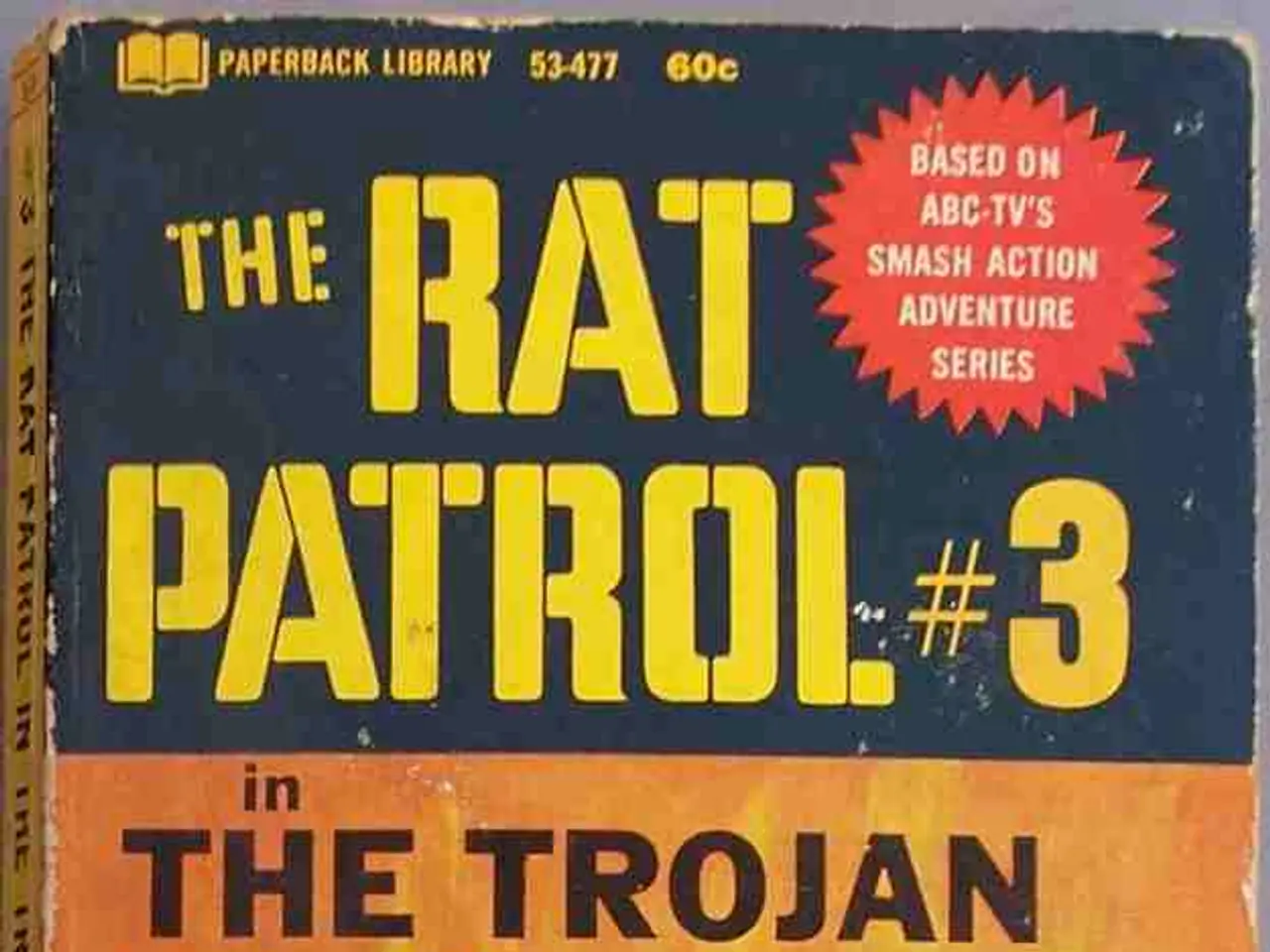Military Action Against Drug Cartels Under Consideration by Trump - Reports
In a significant development, the Pentagon is preparing military options to combat drug cartels that the U.S. government has designated as foreign terrorist organizations. These cartels, which include the Sinaloa Cartel, Jalisco New Generation Cartel, Cartel del Noreste, Gulf Cartel, and Nueva Familia Michoacana, among others, pose a threat to U.S. national security, particularly with regards to the flow of illicit drugs such as fentanyl into the country.
President Donald Trump has ordered the Pentagon to conduct military operations both within U.S. territory and abroad, including at sea and on foreign soil, to dismantle these organizations. The initiative also includes close collaboration with Mexican authorities, such as intelligence sharing and coordinated enforcement, but explicitly excludes U.S. military deployment on Mexican soil without Mexico’s consent.
Mexican President Claudia Sheinbaum has strongly rejected any U.S. military presence in Mexico, emphasizing that cooperation will continue without direct military intervention. She considers Mexico's territory and sovereignty to be inviolable.
The implications for U.S.-Mexico relations are significant and contentious. While the U.S. insists on combating cartels with all elements of American power, Mexico views any unilateral military action on its territory as a violation of sovereignty and international law. There is a risk that such military actions, if carried out without explicit Mexican approval, could be seen as acts of aggression under international norms and could severely damage bilateral relations and regional stability.
Mexican leaders stress continued cooperation but rule out any U.S. military invasion or direct operations on Mexican soil. The Pentagon’s plans reflect an escalation in the U.S. strategy against drug cartels by treating them as terrorist threats, with potential military responses involving special forces and drone strikes, while balancing the complex political and diplomatic challenge of respecting Mexico’s sovereignty and maintaining cooperation to address shared security concerns.
Meanwhile, Venezuelan President Nicolas Maduro is accused by the Trump administration of leading the Cartel of the Suns. However, Caracas has dismissed these allegations as politically motivated. President Sheinbaum has also dismissed the US accusation of Maduro's links to the Sinaloa Cartel.
Karl Sexton is the editor of this article.
[1] ABC News, "Pentagon Prepares Military Options Against Latin American Drug Cartels," 15 April 2021, https://abcnews.go.com/Politics/pentagon-prepares-military-options-against-latin-american-drug/story?id=77257193
[2] The Washington Post, "Mexico Rejects U.S. Military Presence in Its Territory," 16 April 2021, https://www.washingtonpost.com/world/the_americas/mexico-rejects-us-military-presence-in-its-territory/2021/04/16/9a754f84-e59c-11eb-8f57-d6a6985c07c1_story.html
[3] CNN, "Pentagon Prepares Military Options Against Latin American Drug Cartels," 15 April 2021, https://www.cnn.com/2021/04/15/politics/pentagon-prepares-military-options-against-latin-american-drug-cartels/index.html
[4] Reuters, "Mexico Rejects U.S. Military Presence in Its Territory," 16 April 2021, https://www.reuters.com/world/us/mexico-rejects-us-military-presence-its-territory-2021-04-16/
Read also:
- Court petitions to reverse established decision on same-sex marriage legalization
- Chinese Ambassador issues stern message to India regarding Trump's tariffs in midst of escalating trade feuds
- Unveiling the potential template for authoritarian leaders in Togo's controversial constitutional switchover.
- Potential Consequences Following the Baku-Yerevan Joint Declaration Signing in Washington







